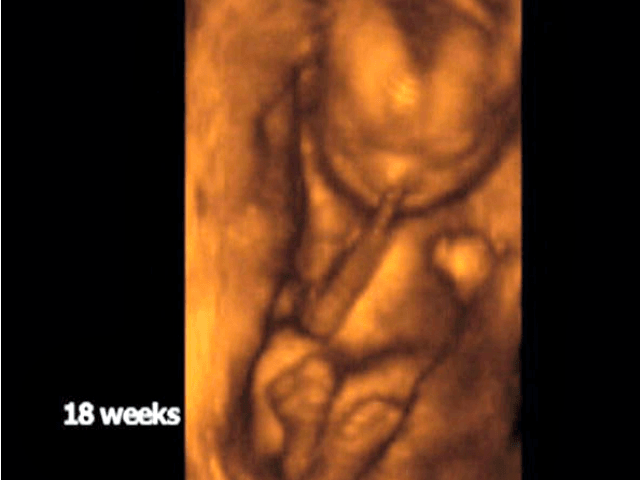Americans largely hope the Supreme Court will oppose the Texas Heartbeat Act and uphold the added constitutional right to abortion granted through the landmark 1973 case Roe v. Wade, according to a Washington Post-ABC News poll released on Tuesday.
According to the survey, which was conducted November 7 to 10 with 1,001 adults nationwide, 60 percent of those polled want the Supreme Court to uphold Roe v. Wade and 27 percent want the Justices to overturn it. Twelve percent have no opinion.The margin of sampling error is plus or minus 3.5 points. The poll asked participants:
A state law in Texas authorizes private citizens anywhere in the country to sue anyone who performs or assists in an abortion in Texas after about six weeks of pregnancy. Do you think the U.S. Supreme Court should (uphold) or (reject) this law?
According to the survey, 29 percent of Americans think the Supreme Court should uphold the law, 65 percent think the Court should reject the law, and six percent have no opinion.
The poll was referring to the Texas Heartbeat Act, which virtually bans abortions after six weeks of gestation or when a fetal heartbeat is detected. The Supreme Court recently held a hearing on the law — the prosecution argued that the mechanism of enforcement could be used to target other constitutionally protected laws.
“It will provide a roadmap for other states to abrogate other rights that have been recognized by this court,” said Mark Hearron, who argued on behalf of Texas clinics challenging the law.
The report continues:
Americans’ views on abortion range widely across party lines, though Democrats and Republicans are not mirror opposites. An 82 percent majority of Democrats and 58 percent of independents say the court should uphold Roe, while Republicans are divided, with 42 percent saying the ruling should be upheld and 45 percent saying it should be overturned. And while a 55 percent majority of Republicans say the court should uphold the Texas abortion law, even larger majorities of independents (68 percent) and Democrats (89 percent) say it should be rejected.
A majority of those polled also oppose legislation that “makes it more difficult for abortion clinics to operate” in states considering or enforcing pro-life laws — 36 percent of Americans support more strict laws, while 58 percent oppose and six percent have no opinion.
“While Americans have long supported limiting access to abortion after the first trimester of pregnancy, the poll suggests Americans widely oppose recent efforts in conservative-leaning states to enforce more severe restrictions,” the Washington Post reported.
Overall, 75 percent of those polled said abortion is a decision that should be left to a woman and her doctor. Twenty percent disagreed and said abortion should be regulated by law, and five percent had no opinion.
Regardless, Americans have historically opposed late term abortions and support restrictions on the termination of unborn children. According to a June 2021 AP-NORC poll, “65% said abortion should usually be illegal in the second trimester, and 80% said that about the third trimester.” A January 2021 Marist/Knights of Columbus poll found that 76 percent of Americans support significant restrictions to abortion.
Even though Americans are largely against unfettered late term abortions, House Democrats passed the “Women’s Health Protection Act” (WHPA) which, if signed into law, would allow unlimited abortion in any state in the nation.
The Supreme Court agreed to hear Dobbs v. Jackson Women’s Health Organization on December 1, which poses a direct challenge to Roe v. Wade. The case brings into question the constitutionality of Mississippi’s Gestational Age Act, which would make abortions performed after 15 weeks of pregnancy unlawful. The Court announced in May it will decide “whether all pre-viability prohibitions on elective abortions are unconstitutional” in the United States.

COMMENTS
Please let us know if you're having issues with commenting.